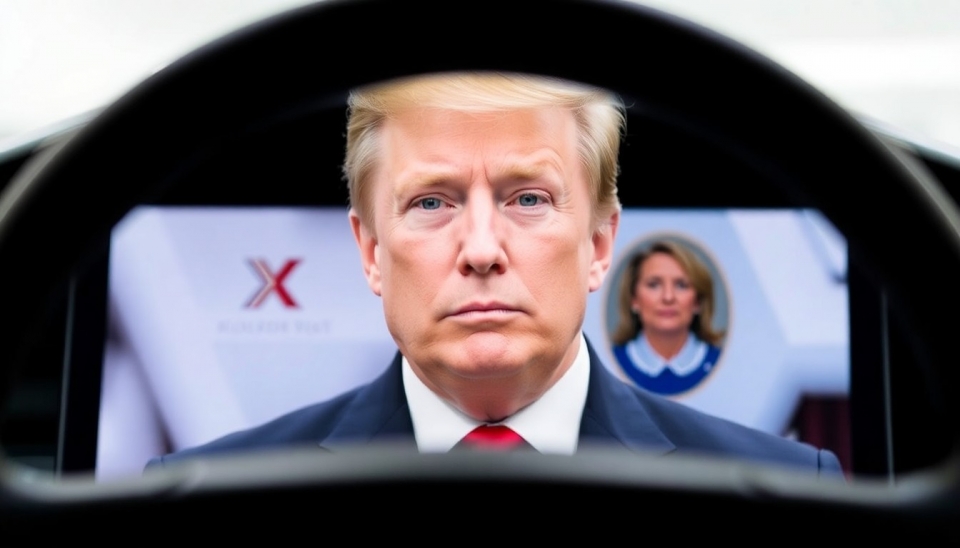
As the political landscape heats up ahead of the 2024 Presidential election, the possible return of Donald Trump to the White House is stirring significant conversations about the future of climate technology investments in the United States. Trump's administration was marked by a notable withdrawal from climate commitments, and if he were to regain his position, many experts fear a similar approach could be reinstated.
During Trump's first term, the former President rolled back numerous environmental regulations and withdrew from the Paris Agreement, effectively signaling a shift in priorities for U.S. climate policy. This not only impacted domestic initiatives but also shaped global perceptions of the U.S. commitment to combating climate change. With Trump's potential resurgence, stakeholders in the climate tech sector are wary of how investments may shift under a new/old administration.
Many venture capitalists who have poured billions into clean energy and sustainable technologies in recent years are now assessing the risk factors associated with a possible Trump presidency. While the ongoing urgency to address climate change has created a robust market for green technologies, the turbulence of political changes could significantly impact funding structures and strategic priorities.
An important point of concern identified by analysts revolves around the continuity of support for innovation in climate tech-driven sectors. There's a nuanced interplay between government policies and private sector investments which makes the stability of legislative frameworks critical for ongoing funding initiatives. Trump's previous policies, focused primarily on deregulation and fossil fuels, could yield uncertainty that discourages future investments in greener technologies.
Moreover, should Trump be re-elected, the anticipated shift away from pro-environmental policies could diminish the competitive edge that American tech startups in the climate sector have gained over their international counterparts. Countries such as China and members of the European Union have firmly established their commitments to green technology, presenting a markedly different incentive structure that could sway investment patterns globally. This change could transform the landscape of climate tech in the U.S., causing concerns about losing ground in a sector where international cooperation is increasingly imperative.
Alternately, some experts suggest that this political dynamic could spark innovation and resilience within the climate tech community. They argue that necessity often drives innovation, potentially encouraging companies to seek novel solutions despite policy headwinds. This perspective introduces the notion that climate tech innovations could thrive in this environment if market conditions remain compelling and firms pivot to align their strategies with a less supportive policy backdrop.
As the election approaches, the clarity around Trump's stance on climate issues will undoubtedly play a crucial role in shaping how investors perceive the viability of the climate tech market. Entrepreneurs and investors alike are gearing up for potential shifts in regulatory frameworks and market expectations that could arise post-election. The intersection of environmental responsibility and economic opportunity will be under the spotlight, influencing decisions made in boardrooms and investment funds across the country.
Ultimately, the potential implications of Trump’s re-election on climate technology investments are shrouded in uncertainty. Stakeholders cannot predict if the market will contract, adapt, or expand under a Trump administration, but they are preparing for a landscape that is likely to be marked by rapid changes and challenging dynamics.
As the 2024 election draws nearer, the dialogue surrounding climate tech and regulatory approaches will be pivotal—not only in determining the course of investment but also in shaping the U.S.'s role in global climate leadership.
#Trump2024 #ClimateTech #InvestmentClimate #SustainableEnergy #CleanTech #PoliticalImpact
Author: Liam Carter




